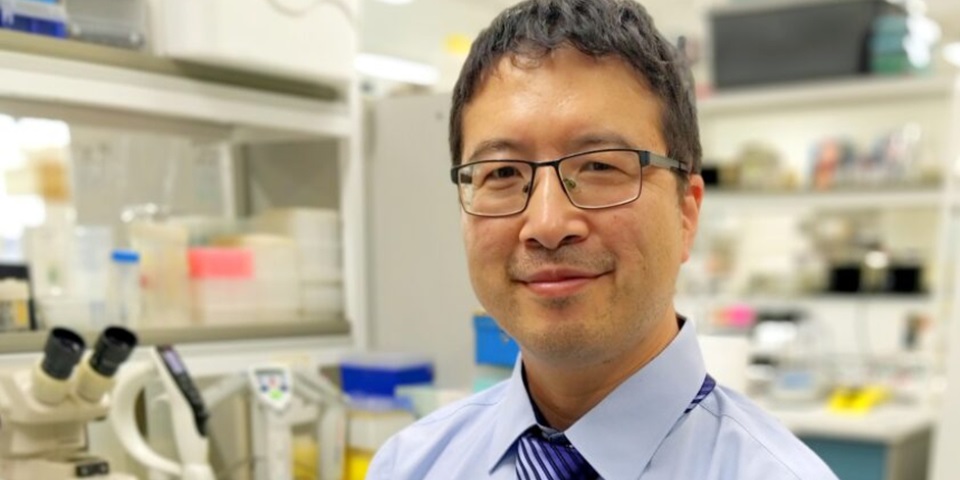News
You might “smell good” to the world’s deadliest animal, and researchers are about to find out why

Mosquitos drink our blood to grow their eggs, but exactly how they select where their meals come from isn’t fully understood.
Now, Murdoch University’s Dr Wei Xu and Dr Penghao Wang have been awarded a half-a-million-dollar grant from the Australian Research Council to find out exactly why some people appeal more to the insects than others.
The results of the collaborative project between Murdoch University, Queensland Institute of Medical Research and University of California, Davis, will help us better manage the transmission of diseases and develop sustainable ways to keep mosquitos at bay.
“Given how pervasive mosquitos are, very little work has been done to understand how and why they choose the humans and animals they feed on,” Dr Xu said.
We know they do this from considerable distances by scent, so we’re going to identify and investigate mosquito smell receptors, which are critical in that detection.”
Mosquitoes display preferences for certain hosts over others, primarily determined by volatile chemicals produced by people and animals in their breath, sweat and skin.
“This study builds on recently discovered host-derived volatile compounds, which mosquitoes are very strongly drawn towards,” Dr Xu said.
“What we’re doing now is improving our understanding of the mosquito smell system and behaviours.
“This could provide significant benefits to how we can fight mosquitoes and mosquito-transmitted diseases in a more efficient and environmentally sustainable way.”
Dr Xu says the findings have the potential to change how we approach the study of mosquito biology, behaviour and ecology.
“It will enable us to better understand how mosquitos transmit diseases including Malaria, Dengue, Zika, Ross River and Japanese Encephalitis, so the potential impact is global.”
Mosquitoes are highly efficient at spreading disease because they ingest microbes from our blood and can pass them directly into the bloodstream of others.
This is why the U.S. Centers for Disease Control and Prevention calls mosquitoes the “world's deadliest animal", killing more people than any other creature in the world.
Murdoch University Deputy Vice Chancellor Research and Innovation, Professor Peter Eastwood, said the research is a great example of the critically important science that universities contribute to society.
Basic science knowledge like that which Dr Xu and Dr Wang are pursuing with the Australian Research Council plays a fundamental role in our lives.”
“It's often the critical step in developing solutions to the problems we face every day – in this case a really important one for our health and that of the environment.”
Dr Xu is a Senior Lecturer at the School of Agricultural Sciences and Dr Wang is a Senior Lecturer at the School of Molecular, Medical and Forensic Sciences, both within the College of Environmental and Life Sciences at Murdoch University.